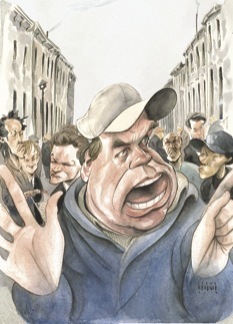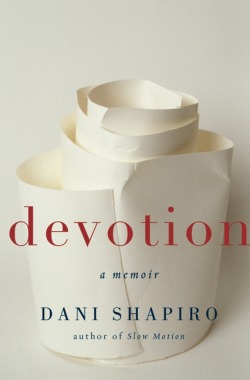From Emily Nussbaum's feature on The Wire's David Simon in this week's New York Magazine. Nussbaum asks him twice why he doesn't dabble in documentary film, considering his shows often blend truth with fiction. In an e-mail, this is his final response:
“We know more about what Huey Long represented and the emptiness at the core of American political culture from reading Robert Penn Warren than from contemporary journalistic accounts of Long’s reign. We know more about human pride, purpose, and obsession from Moby-Dick than from any contemporaneous account of the Nantucket whaler that was actually struck and sunk by a whale in the nineteenth-century incident on which Melville based his book. And we know how much of an affront the Spanish Civil War was to the human spirit when we stare at Picasso’s Guernica than when we read a more deliberate, fact-based account. I am not comparing anything I’ve done to any of the above; please, please do not presume that because I cite someone else’s art, I claim anything similar for anything I’ve done. But I cite the above because it makes the answer to your question obvious: Picasso said art is the lie that allows us to see the truth. That is it exactly.”
“We know more about what Huey Long represented and the emptiness at the core of American political culture from reading Robert Penn Warren than from contemporary journalistic accounts of Long’s reign. We know more about human pride, purpose, and obsession from Moby-Dick than from any contemporaneous account of the Nantucket whaler that was actually struck and sunk by a whale in the nineteenth-century incident on which Melville based his book. And we know how much of an affront the Spanish Civil War was to the human spirit when we stare at Picasso’s Guernica than when we read a more deliberate, fact-based account. I am not comparing anything I’ve done to any of the above; please, please do not presume that because I cite someone else’s art, I claim anything similar for anything I’ve done. But I cite the above because it makes the answer to your question obvious: Picasso said art is the lie that allows us to see the truth. That is it exactly.”

